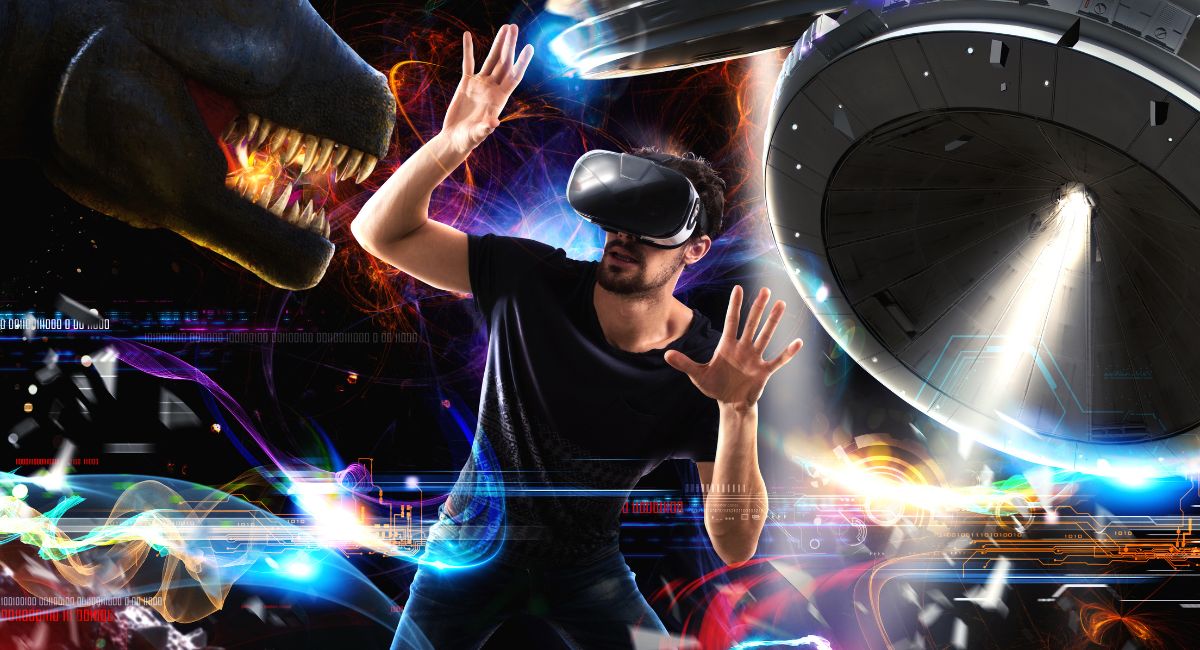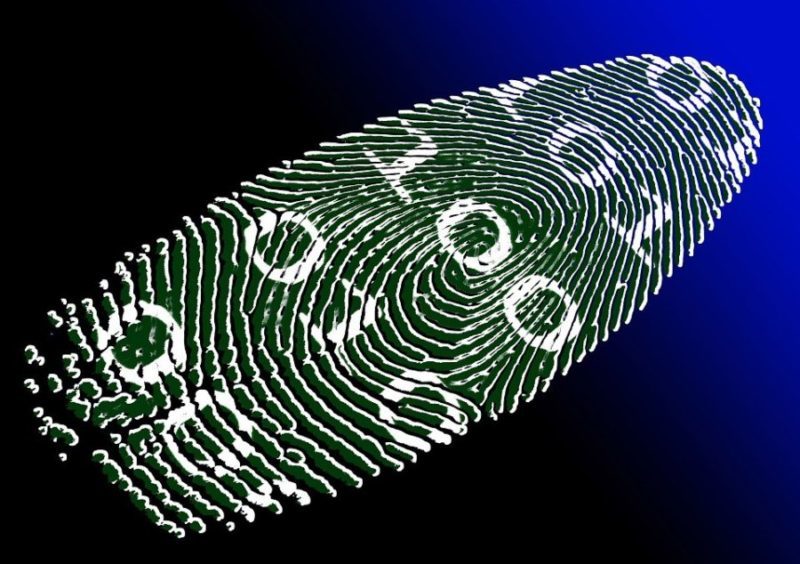The Legal Implications of the Metaverse: Who Owns the Virtual World?
The question of who owns the virtual world in the Metaverse is a complex and multifaceted issue that has yet to be fully resolved. As the Metaverse continues to grow and expand, ownership of virtual property, virtual items, and virtual currency will become increasingly important. However, there is no single answer to the question of who ultimately owns the Metaverse.
Currently, many Metaverse platforms have user agreements and terms of service that govern user behaviour within the virtual world. These agreements may include provisions that address property rights and intellectual property issues and provide some guidance on ownership issues. However, the enforceability of these agreements may be limited, particularly if they conflict with local laws or regulations.
In addition, the concept of property rights in the Metaverse is still in its infancy. It is likely that virtual property rights will become an increasingly important issue as the virtual property becomes more valuable. Virtual property can include everything from virtual real estate to virtual items and currency.
Intellectual property rights, such as copyright and trademark laws, may also come into play in the Metaverse. For example, a user who creates an original virtual item may be able to claim copyright protection for that item. Similarly, a brand that is represented within the Metaverse may be able to claim trademark protection for its virtual representation.
Jurisdictional issues are also a concern in the Metaverse. Different countries may have different laws with regard to property rights, intellectual property, and other legal issues. This raises questions about which country’s laws should apply in the Metaverse. The question of who owns the virtual world in the Metaverse is a complex and evolving issue that has yet to be fully resolved. While user agreements, property rights, intellectual property, and jurisdictional issues all provide some guidance on ownership issues, there is no single answer to this question. As the Metaverse continues to expand, it is likely that ownership issues will become increasingly important, and there is a need for effective legal frameworks and dispute resolution mechanisms that can address these issues in a fair and efficient manner.
The Metaverse is a new digital world that is rapidly growing in popularity, offering users the opportunity to engage with each other and experience new virtual environments. However, as the Metaverse expands, there are legal implications to consider, particularly with regard to the ownership of the virtual world.
3rd stop Legal Tech Venture days by @LsglPresidency and @IElaw, after @CatolicaGlobal and @UniandesDerecho. Fantastic key note on legal implications of the metaverse by @NorbertoAndrad and great debate with @CarlosRivadulla, @martimanent, Juan Jimenez Zaballos and Ruben Blanco https://t.co/VJAtZzrQyK
— Soledad Atienza (@SoledadAtienza) May 25, 2022
Let’s explore the legal implications of the Metaverse and discuss who may ultimately own the virtual world.
- Virtual Property Rights
The concept of property rights in the Metaverse is still in its infancy, but it is likely that virtual property rights will become an increasingly important issue as the Metaverse expands. Virtual property can include everything from virtual real estate to virtual items and currency. As virtual property becomes more valuable, it is likely that users will seek legal protection for their virtual assets.
- Intellectual Property Rights
Intellectual property rights, such as copyright and trademark laws, may also come into play in the Metaverse. For example, a user who creates an original virtual item may be able to claim copyright protection for that item. Similarly, a brand that is represented within the Metaverse may be able to claim trademark protection for its virtual representation.
- Jurisdictional Issues
The Metaverse is a global phenomenon which raises jurisdictional issues. Different countries may have different laws with regard to property rights, intellectual property, and other legal issues. This raises questions about which country’s laws should apply in the Metaverse.
- User Agreements and Terms of Service
Many Metaverse platforms have user agreements and terms of service that govern user behavior within the virtual world. These agreements may include provisions that address property rights and intellectual property issues. However, the enforceability of these agreements may be limited, particularly if they conflict with local laws or regulations.
- Dispute Resolution
Dispute resolution is likely to be a significant issue in the Metaverse. As virtual property becomes more valuable, users may be more likely to engage in disputes over ownership and other legal issues. There is a need for effective dispute resolution mechanisms that can resolve these disputes in a fair and efficient manner.
Also, read – Essential Metaverse Ingredients That Create A Perfect Virtual World
In conclusion
The rise of the Metaverse economy is an exciting development that has the potential to revolutionize business and commerce as we know it. However, with this new digital world comes a host of legal implications that need to be considered, particularly with regard to the ownership of the virtual world. As we have discussed in this article, virtual property rights, intellectual property, jurisdictional issues, user agreements and terms of service, and dispute resolution are all areas that require careful consideration as the Metaverse continues to expand.
It is important for individuals and businesses operating within the Metaverse to be aware of these legal issues and to seek legal advice where necessary. While the legal implications of the Metaverse are complex, there is an opportunity for innovation in the development of new legal frameworks and dispute resolution mechanisms that can effectively address these issues.
As the Metaverse economy continues to grow, it is likely that these legal issues will become increasingly important. The question of who owns the virtual world may be difficult to answer, but it is clear that the legal implications of the Metaverse will continue to evolve and shape the future of business and commerce in the digital age. By staying informed and engaged in these developments, individuals and businesses can take advantage of the opportunities offered by the Metaverse while also managing the legal risks and challenges that come with this new digital frontier.
Stay informed with daily updates from Blockchain Magazine on Google News. Click here to follow us and mark as favorite: [Blockchain Magazine on Google News].
Get Blockchain Insights In Inbox
Stay ahead of the curve with expert analysis and market updates.
latest from tech
Disclaimer: Any post shared by a third-party agency are sponsored and Blockchain Magazine has no views on any such posts. The views and opinions expressed in this post are those of the clients and do not necessarily reflect the official policy or position of Blockchain Magazine. The information provided in this post is for informational purposes only and should not be considered as financial, investment, or professional advice. Blockchain Magazine does not endorse or promote any specific products, services, or companies mentioned in this posts. Readers are encouraged to conduct their own research and consult with a qualified professional before making any financial decisions. The featured image used is just a creative depiction of the title and it does not intend to hurt sentiments of any person or institution. If it hurts anyone sentiments, please do not hesitate to reach out to Blockchain Magazine.

 Bitcoin
Bitcoin  Ethereum
Ethereum  XRP
XRP  Tether
Tether  Solana
Solana  Dogecoin
Dogecoin  USDC
USDC  Cardano
Cardano  Lido Staked Ether
Lido Staked Ether  TRON
TRON  Chainlink
Chainlink  Avalanche
Avalanche  Sui
Sui  Wrapped stETH
Wrapped stETH  Wrapped Bitcoin
Wrapped Bitcoin  Stellar
Stellar  Toncoin
Toncoin  Hedera
Hedera  Shiba Inu
Shiba Inu  WETH
WETH  Polkadot
Polkadot  LEO Token
LEO Token  Bitcoin Cash
Bitcoin Cash  Litecoin
Litecoin  Hyperliquid
Hyperliquid  Bitget Token
Bitget Token  Official Trump
Official Trump  Uniswap
Uniswap  Pepe
Pepe  Wrapped eETH
Wrapped eETH  USDS
USDS  NEAR Protocol
NEAR Protocol  Ethena USDe
Ethena USDe  Aave
Aave  Aptos
Aptos  Internet Computer
Internet Computer  Ondo
Ondo  WhiteBIT Coin
WhiteBIT Coin  Monero
Monero  Ethereum Classic
Ethereum Classic  Cronos
Cronos  POL (ex-MATIC)
POL (ex-MATIC)  Mantle
Mantle  Render
Render  Dai
Dai  Bittensor
Bittensor  Algorand
Algorand 




